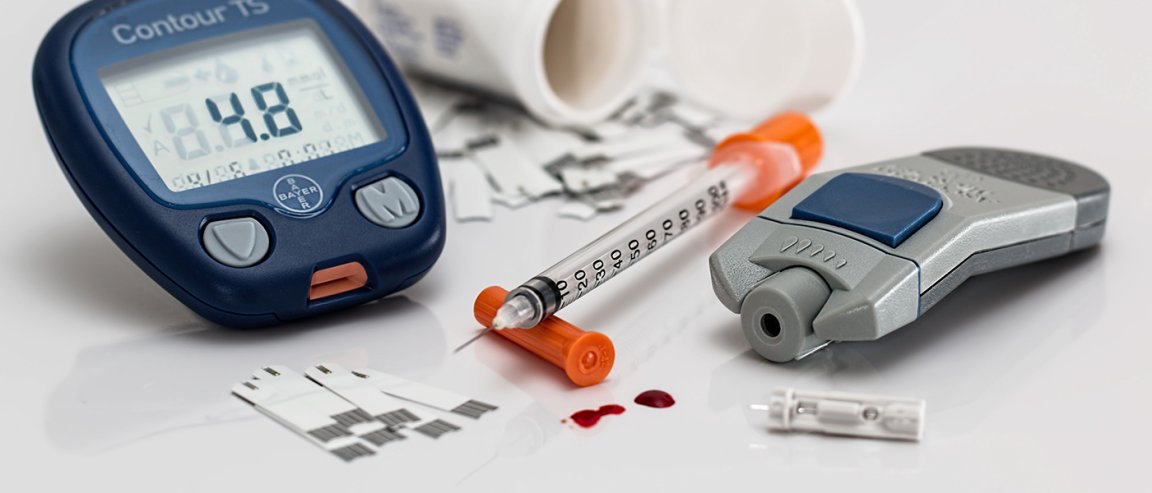
Reversing Type 2 Diabetes
Type 2 diabetes, a disease wherein the body is incapable of producing sufficient levels of insulin or doesn’t respond to insulin correctly, can be a lifelong disease. It leads to the build up of blood sugars and in the cell’s inability to receive the energy it needs to function correctly. It’s also more likely to afflict people over the age of 40, those who are overweight, or anyone whose family has a history of diabetes.
Prior to this research, there was no definitive cure for type 2 diabetes, although experts have long hypothesized that it could be reversible. A team of Canadian scientists have demonstrated that this theory is indeed correct. In some patients, type 2 diabetes can be reversed through a combination of lifestyle changes, intensive medical treatment using oral medication, and insulin therapy. The researchers published their study in the Journal of Clinical Endocrinology & Metabolism.

They tested their theory in diabetic patients who had been symptomatic for up to three years. The subjects underwent a personalized exercise regimen, and a strict diet that closely watched and limited their calorie intake to just 500 to 700 a day, and pharmacological treatment with glucose-controlling drugs.
Four months after the intervention, the study revealed that 40 percent of the 83 subjects were able to effectively stop taking their medications, staying in partial or even complete remission.
One in Ten
The results of this pilot study suggest patients with type 2 diabetes have more options to treat their condition, said the study’s first author, Natalia McInnes, of McMaster University.
“The findings support the notion that type 2 diabetes can be reversed, at least in the short term — not only with bariatric surgery, but with medical approaches,” McInnes said in an Endocrine Society press release. “The research might shift the paradigm of treating diabetes from simply controlling glucose to an approach where we induce remission and then monitor patients for any signs of relapse.”
According to the Society’s Endocrine Facts and Figures report, one out of 10 American adults suffer from type 2 diabetes. Raising the possibility of reversing the disease can prove to be strong motivation for patients to actually make lifestyle changes and maintain them, McInnes said. This new treatment could also give the patients’ pancreases a rest and lower fat stores in their bodies, thus improving insulin production in the long run.
Right now, the treatment has proven to be effective only in the short term, but further study and other drug combinations could ultimately lead to better results and higher remission rates.